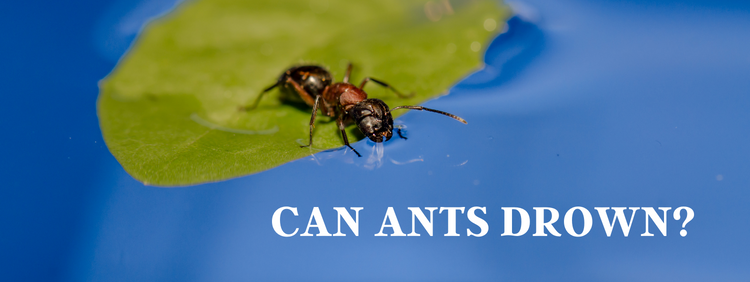 Carpenter ant pest control is very important if you see signs of an infestation because of the widespread structural damage they can cause. You may have heard about ways of getting rid of carpenter ants yourself using simple DIY methods such as pouring water on them. While such methods may be effective in the short term, they are not very efficient and could lead to even bigger problems.
Carpenter ant pest control is very important if you see signs of an infestation because of the widespread structural damage they can cause. You may have heard about ways of getting rid of carpenter ants yourself using simple DIY methods such as pouring water on them. While such methods may be effective in the short term, they are not very efficient and could lead to even bigger problems.
 Carpenter ant pest control is very important if you see signs of an infestation because of the widespread structural damage they can cause. You may have heard about ways of getting rid of carpenter ants yourself using simple DIY methods such as pouring water on them. While such methods may be effective in the short term, they are not very efficient and could lead to even bigger problems.
Carpenter ant pest control is very important if you see signs of an infestation because of the widespread structural damage they can cause. You may have heard about ways of getting rid of carpenter ants yourself using simple DIY methods such as pouring water on them. While such methods may be effective in the short term, they are not very efficient and could lead to even bigger problems.

